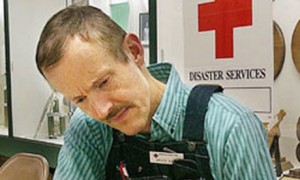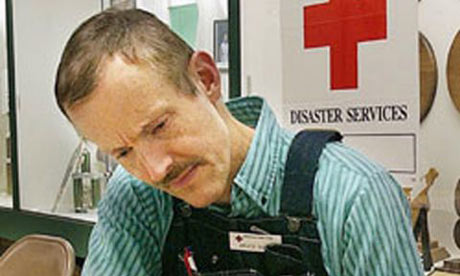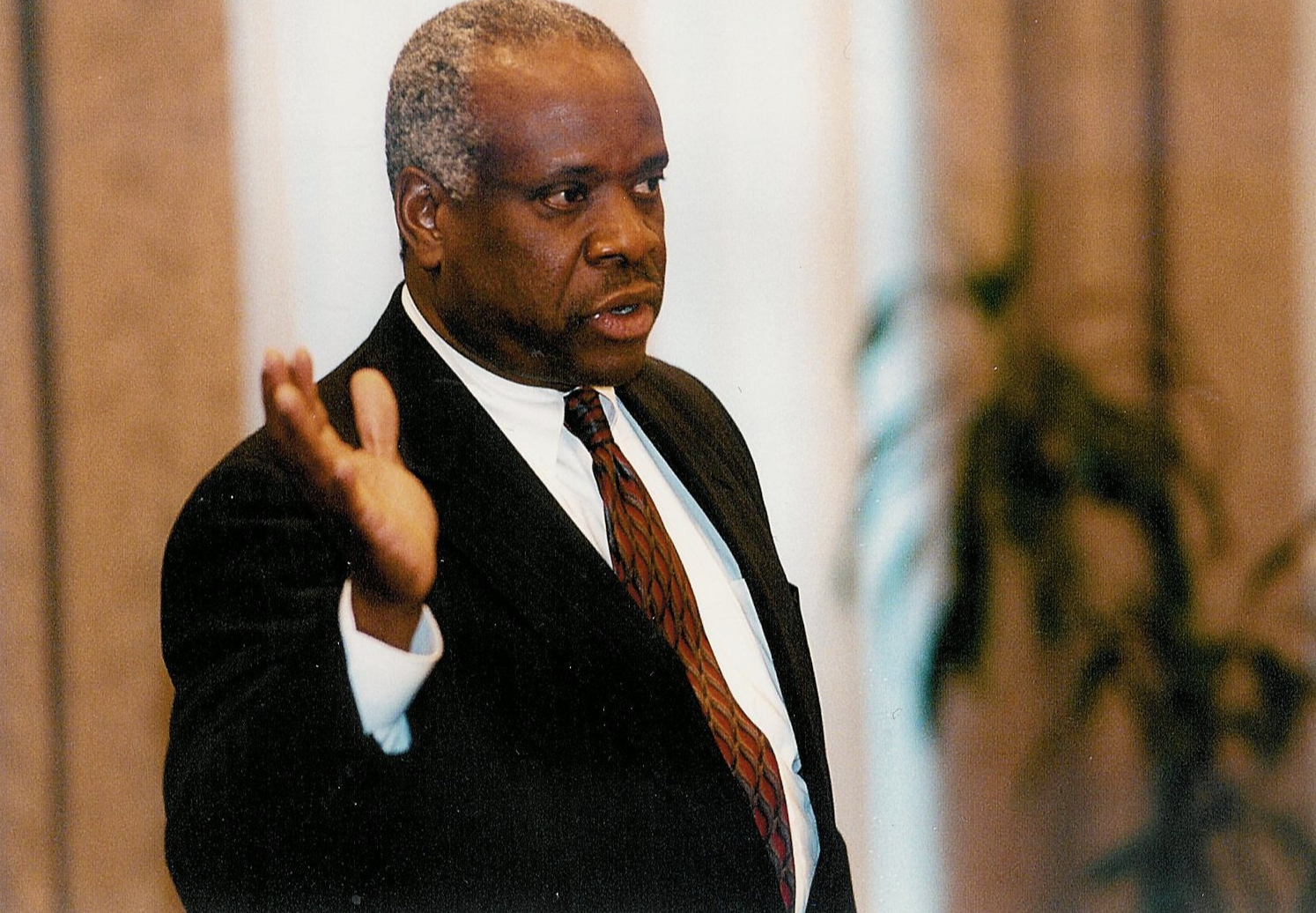
WASHINGTON — Just weeks before government scientist Bruce Ivins’ suicide, a grand jury was convening on the third floor of the federal courthouse, near the U.S. Capitol, looking into the 2001 anthrax murders. Things weren’t looking good for Ivins, the only suspect in the case.
It was July 2008. His attorney, Paul F. Kemp, according to court documents reviewed by AOL News, had just filed court papers to become a death-penalty-certified attorney in the case — a little-known fact. And the chief U.S. District judge in Washington, Royce C. Lamberth, had approved the request.
“I thought this was a precaution to take. My job is to anticipate anything,” Kemp said.
He said he had told Ivins the investigation could turn into a death penalty case. “At some point in the near future I felt the government was probably going to the grand jury and would issue an indictment.”
What Kemp — and the government as well — didn’t anticipate was the unthinkable. On July 27, Ivins, 62, loaded up on Tylenol with codeine in a suicide bid. Two days later, he died.
“I was disturbed over it,” Kemp said in an interview this week . “I never had a client commit suicide. It’s a terrible experience. I’m much more distraught for his family.”
With the suicide, so died the chance for the government to prove its case before a jury or for Ivins to prove his innocence. No charges were ever filed in the case, in which letters containing anthrax spores were mailed to five media outlets and two senators. Five people died and 17 others were sickened.
On Feb. 19, the Justice Department officially closed the case and issued a 92-page summary stating why Ivins not only did it, but acted alone. It concluded that his lab notes showed he “could, and did, create spores of the concentration and purity of the mailed spores.”
Kemp, a suburban Washington attorney, said he read the report, but didn’t buy into it. Not at all.
Kemp said Ivins repeatedly denied that he sent the letters or that he developed the deadly anthrax spores. And Kemp cited Ivins’ fellow scientists, who insisted he was incapable of making such a high-grade, dried anthrax with the equipment available at his workplace at the Army Medical Research Institute for Infectious Diseases in Frederick, Md.
“There’s not one shred of evidence to show he did it,” Kemp said.
Rep. Rush Holt, D-N.J., echoes some of that skepticism. Last week, he called for a congressional investigation into the anthrax probe.
“We don’t know whether the FBI’s assertions about Dr. Ivins’ activities and behavior are accurate,” Holt wrote in a letter to the chairmen of the House Committees on Homeland Security, Judiciary, Intelligence, and Oversight and Government Reform.
Government investigators disagree with the skeptics.
“Suggestions that this is an entirely circumstantial case are not accurate,” said Dean Boyd, a Justice Department spokesman. “We are confident Dr. Ivins acted alone in carrying out this attack. There is the direct physical evidence. The murder weapon was created by Dr. Ivins and solely maintained by Dr. Ivins.
“We wish we had the opportunity to present this case and all the evidence to a jury, but we were not able to, given the circumstances.”
A Justice Department source familiar with the case insisted Ivins was “singularly capable” of producing the deadly product. The person said investigators spent an “extraordinary amount of time” researching who in the science world was capable of producing the high-grade anthrax used in the deadly letters and “Dr. Ivins came up as one of the pre-eminent anthrax researchers.”
Regardless, in his final weeks Ivins had been thinking about the prospect of facing the death penalty. News reports said that during a July 9, 2008, group therapy session, he mentioned that if he faced the death penalty he would go out with a blaze of glory and shoot some of his co-workers.
Kemp acknowledges the government contacted him in the final weeks to say they were concerned about Ivins’ state of mind and well-being.
To many in the public, Ivins’ suicide was viewed as an admission of guilt. But others — particularly some who knew him — saw a man who collapsed under the mighty weight of a government determined to indict him.
Kemp says he still thinks about the suicide and wonders if he couldn’t have conveyed the prospect of a death-penalty case to Ivins more gently. He won’t get into specifics of the conversations with Ivins, citing client-attorney privilege. But he does share this much.
“I question myself. Maybe I was too strong,” he said. “I second-guess a lot the wording I used.”
Read Story on Scientist Steven Hatfill Breaking Silence





